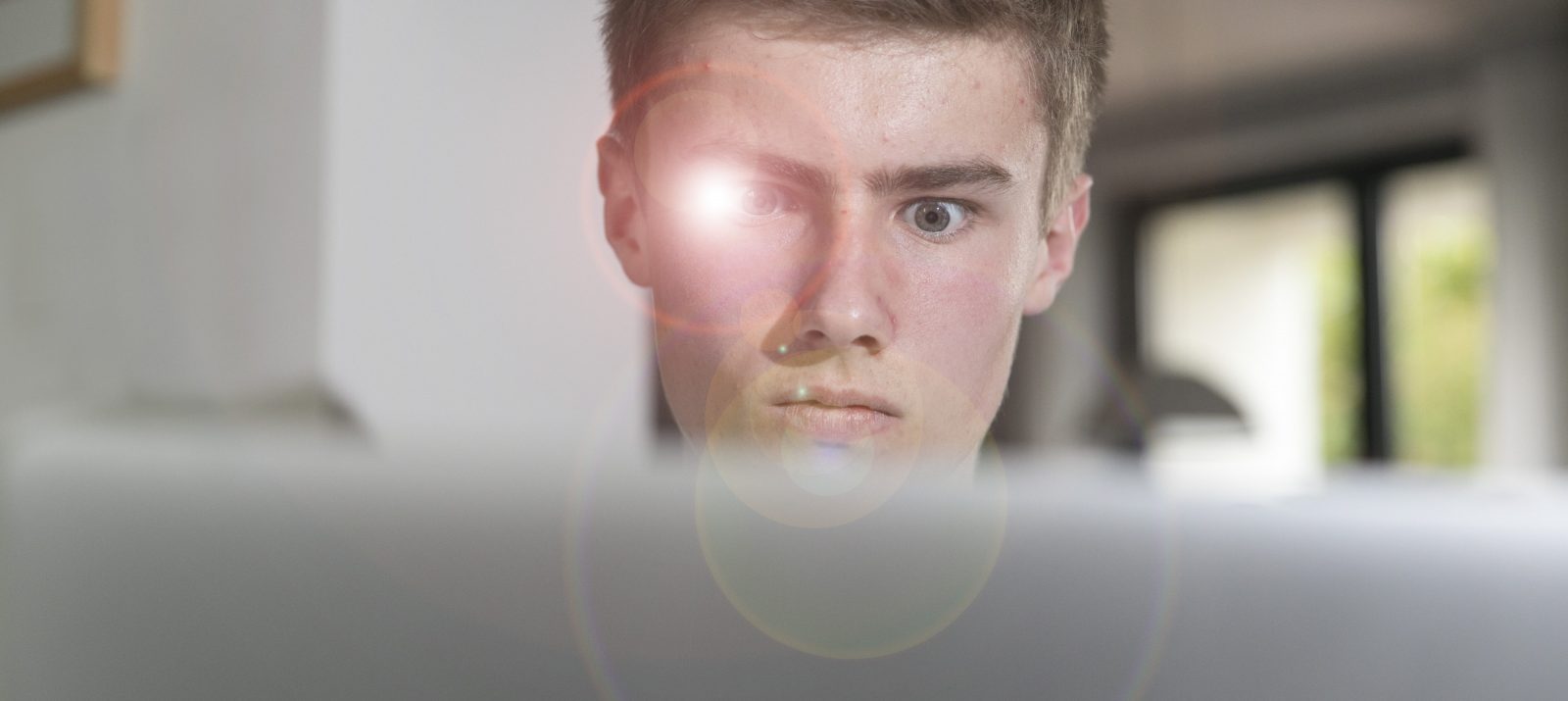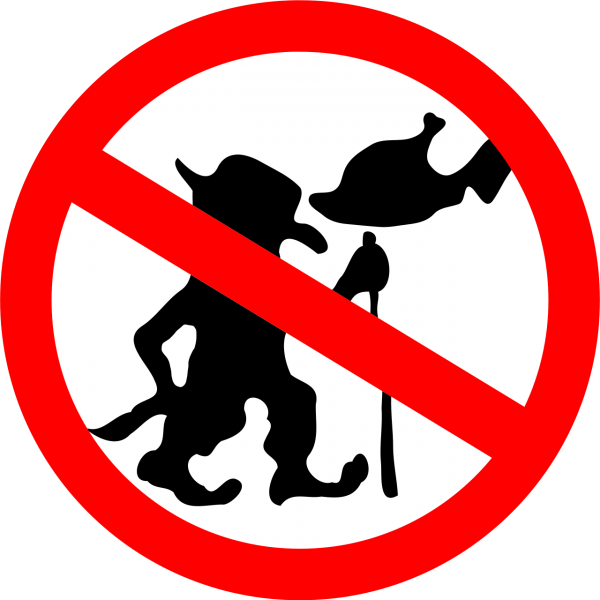
Under YouTube videos and Instagram posts there are not only nice and serious comments, but sometimes also posts that intentionally want to provoke or offend. Behind it can be internet trolls or haters. But what do they actually want and are they also a danger for young people?
An Internet troll is someone who uses the comment function in social networks, forums or chats to deliberately disrupt or interrupt discussions or to annoy other participants. The troll wants others to react to his provocation, which is usually disguised as his own opinion. Some comments from trolls are funny and entertaining, but others are insulting and discriminatory and intended to ridicule a topic. The motivation of internet trolls varies: some do it just out of boredom and the desire for attention, or the pleasure of seeing others upset at being provoked. Some trolls are networked into extremist organizations and “troll” primarily to spread their political worldview.
Most trolls act anonymously: behind the profiles are invented names and the pictures they post do not suggest their identity. Many trolls have multiple accounts and profiles.
There is also a lot of content on social network X, in forums and under posts on news sites that can be very nasty. But they don’t necessarily have to be internet trolls. When targeted against a particular public figure or their fans, haters may be behind it.

“Don’t feed the trolls!” Photo: Sam Fentress; CC BY-SA 3.0
Many artists, YouTubers or influencers use the term hater for people who spread hate against them. The haters are not interested in constructive criticism, but in insults and hurtful messages against people in public, most of whom they do not know personally. Sentences such as “Just delete yourself!” or “You’re ugly!” are intended to attract attention and generate as much approval as possible in order to harm the person and spread bad vibes against him or her. They also do this by spreading rumors and false reports. Either Haters don’t begrudge their victims fame or they dislike them for other reasons. Others specifically want to hurt people because they don’t share their opinions. Racist or misogynistic world views can also be the reason. Some people are more confident to write nasty comments against others on the Internet because that way they don’t have to deal with the personal reaction. This is often the case with cyberbullying as well.
Almost every channel on YouTube, perhaps including that of your child’s favorite Influencer, is affected by offensive comments – From Bibis Beauty Palace to Gronkh to Julien Bam. Especially channels, profiles and people with political and anti-discriminatory content, as well as people with a wider reach have to deal with this. Their hateful content against individuals online is often referred to as hate speech.
Of course, if your child uses YouTube and other networks, he or she may encounter content from trolls and haters. Especially as a child or teenager, it is difficult to classify and deal with such comments.
“Don’t feed the troll ” is a particularly well-known piece of advice for dealing with such people. Meant is not to respond to the troll at all and give reason to make further comments. However, this motto still falls short: the comment should best be deleted and, if possible, the profile reported. Because trolls and haters don’t want to start a debate, they mainly want to attract attention.
If your child has a channel on YouTube or a public profile on Instagram and is affected by hate or troll comments, it is advisable to protect yourself against attacks right from the start: On YouTube, the comment function can be turned off; on Instagram, it is advisable to set the profile to private.
Insulting comments hit children and young people particularly hard, and hurtful words they relate to themselves much more quickly. Therefore, talk to your child about the dangers of “trolling” and make them strong in dealing with hate online before they have their own experiences.